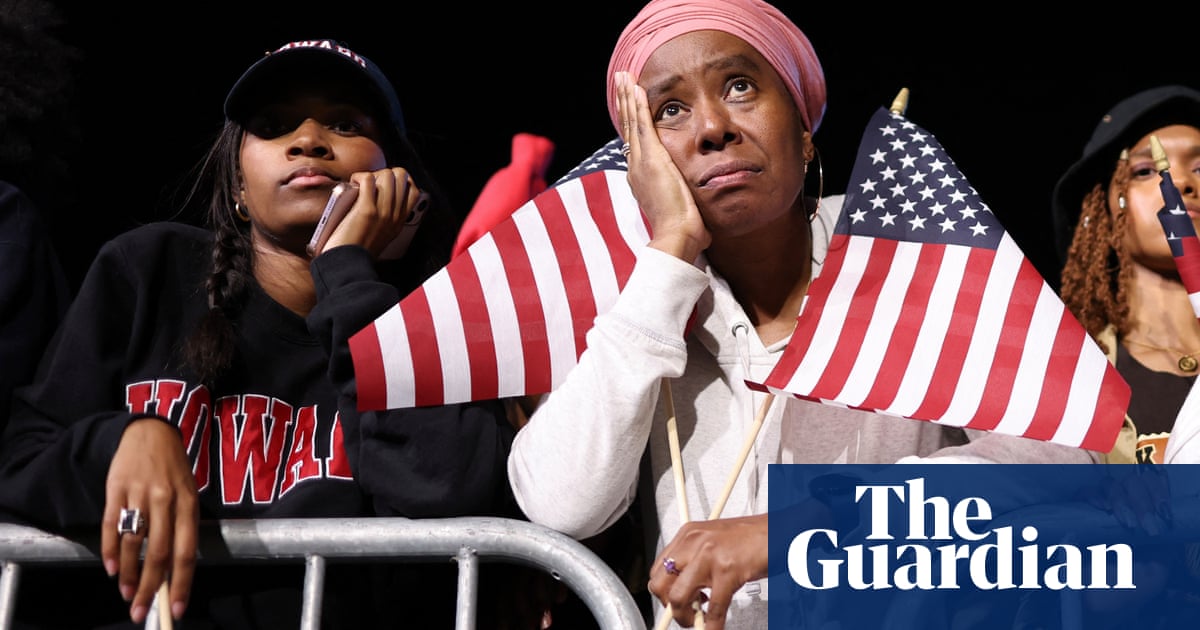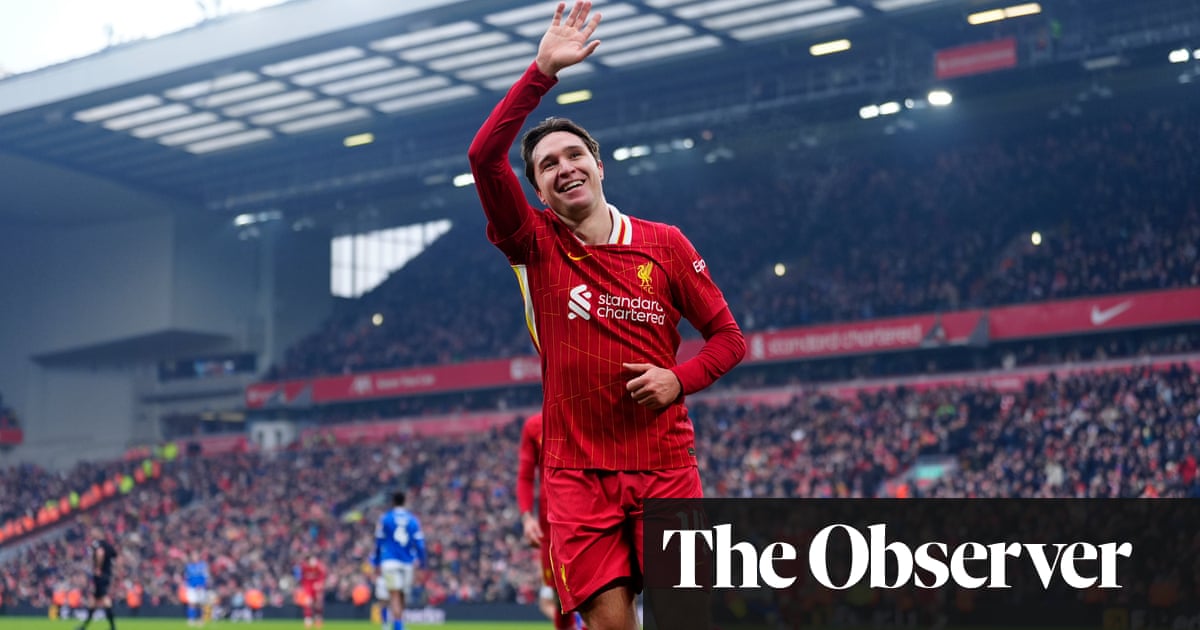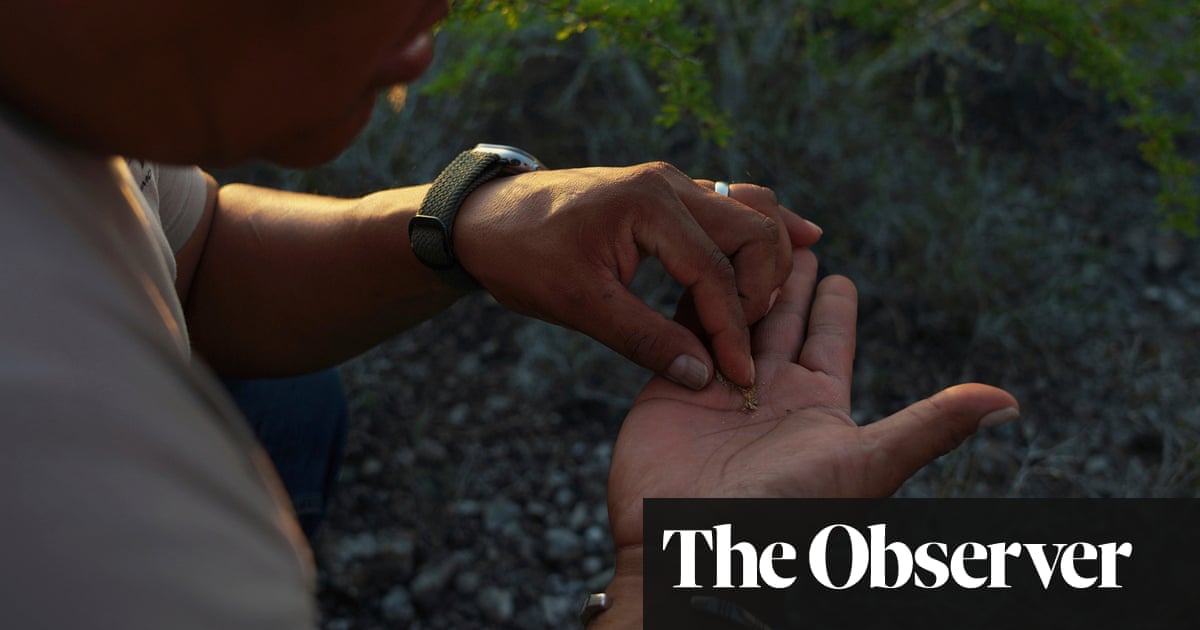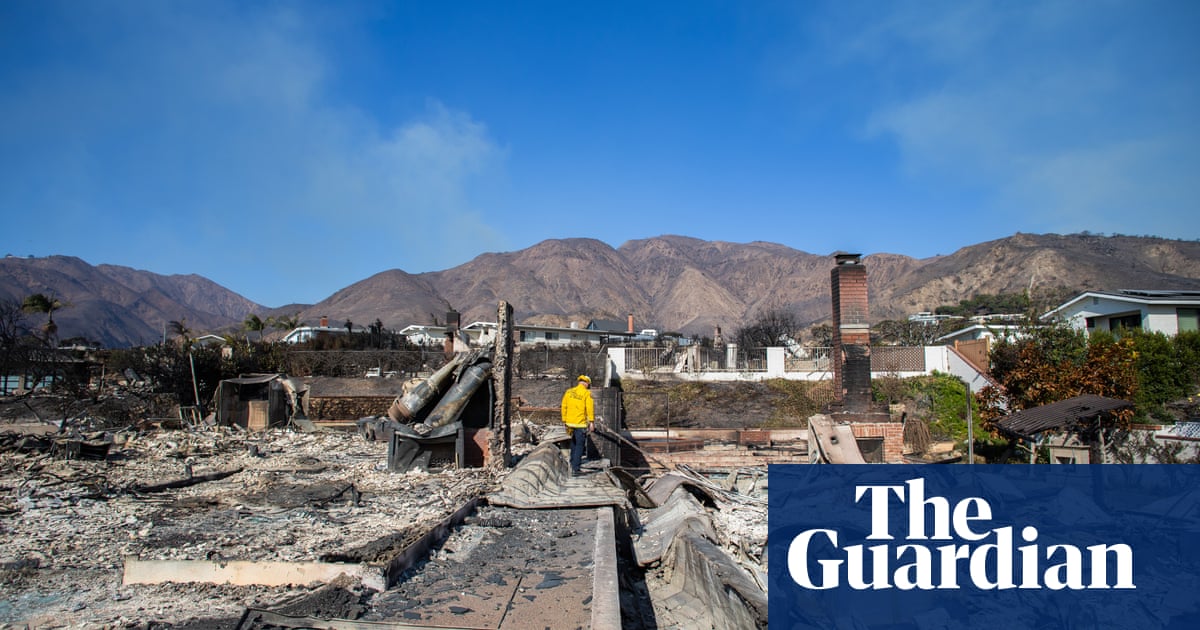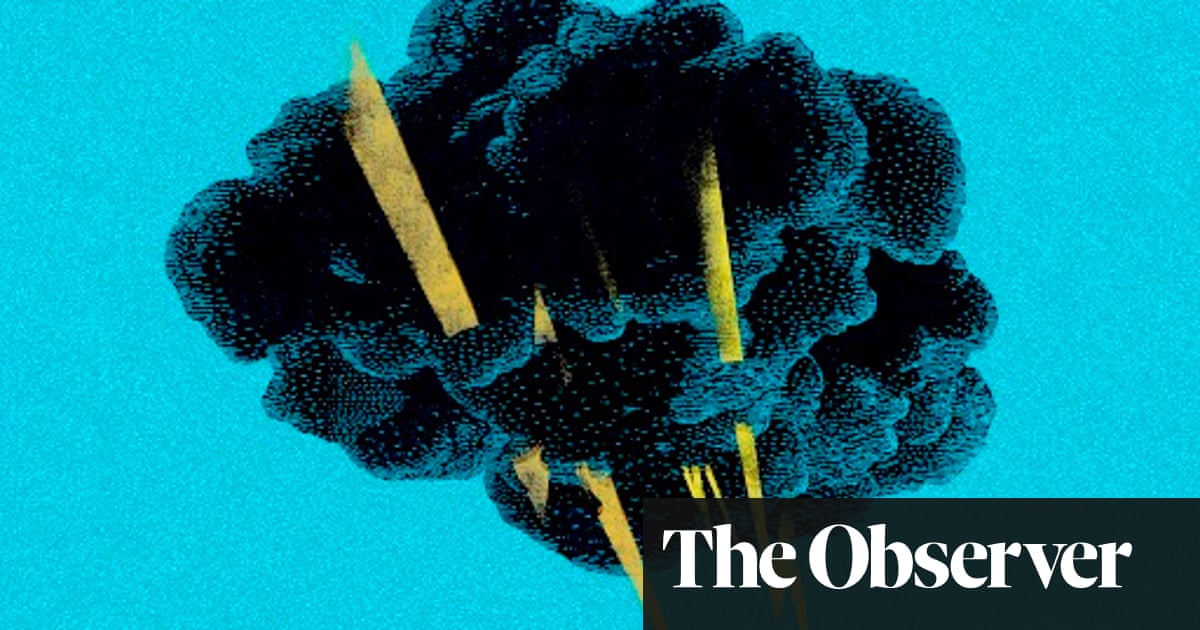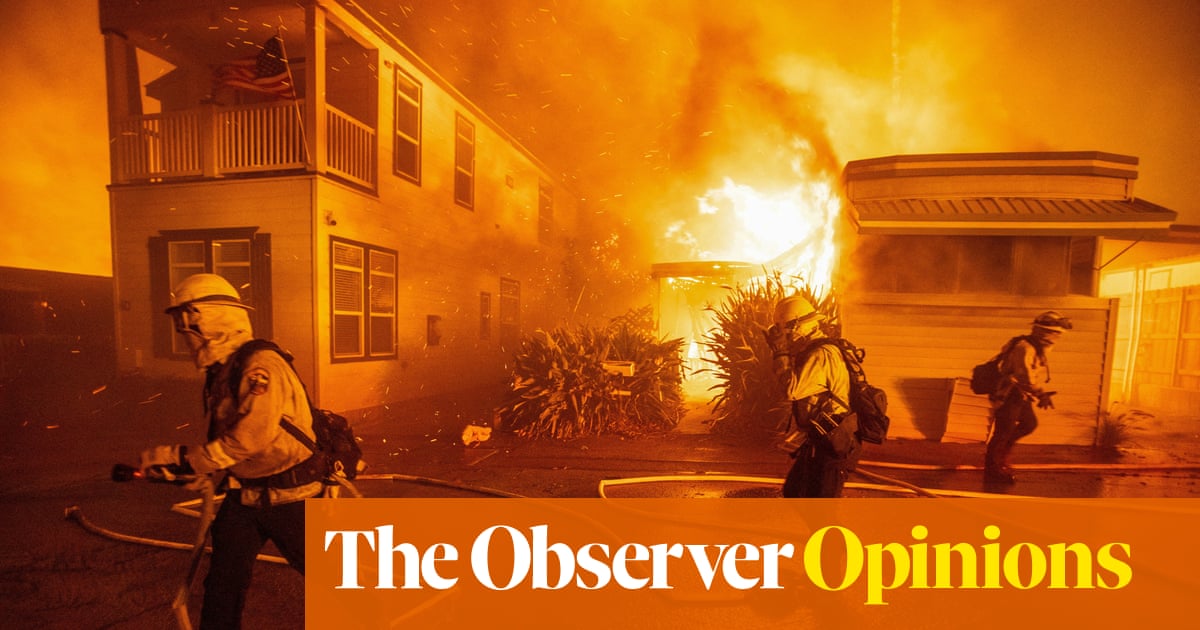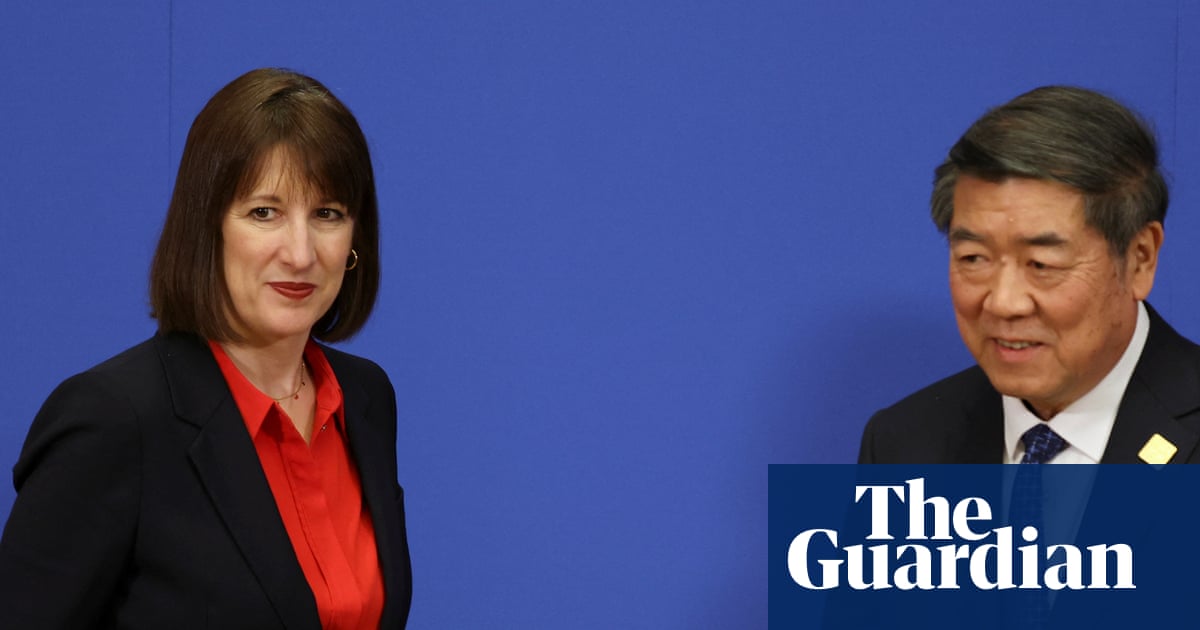Space entrepreneur Elon Musk is unlikely to receive government security clearances if he so applied, even as his SpaceX launch company blasts military and spy agency payloads into orbit, according to a report on Monday.
The billionaire, a close ally of Donald Trump, who is set to join the incoming administration as an efficiency expert and recently became the first person to exceed $400bn in self-made personal wealth, is reported by the Wall Street Journal to have been advised by SpaceX lawyers to not seek highest-level security clearances owing to personal drug use and contacts with foreign nationals.
Musk currently holds a “top-secret” clearance that took years to obtain after he discussed use of marijuana on a 2018 podcast with Joe Rogan, according to the outlet. But that may not be enough to have access to information about US government payloads in his rockets.
Typically, candidates undergoing federal security screenings by the department of defense may not receive clearance if the agency expresses concerns about drug or alcohol use, criminal conduct, psychological conditions, sexual behavior or allegiance to the US.
According to the Journal, Musk’s lawyers outlined scenarios in which he might inadvertently disclose secrets to foreign officials with whom he regularly speaks, including the Russian president Vladimir Putin, with whom he is reported to have been in regular contact since 2022.
Musk’s use of another semi-legal drug, ketamine, in pursuit of what friends call “pure creativity”, along with reports of LSD, ecstasy and magic mushrooms, could also be an issue.
Musk lawyers told the Journal there had been “false facts” in a WSJ report about Musk’s drug patterns and he is “regularly and randomly drug tested at SpaceX and has never failed a test”.
SpaceX lawyers and executives reportedly concluded that if the company sought a higher level of clearance than he currently holds, he risks being turned down and potentially stripped of the clearances he currently holds.
But the Journal noted that the issue could become irrelevant when Trump returns to the White House next month.
Musk donated around $200m to Trump’s re-election effort and has been tapped to lead a government body that Trump says he’ll create – the “department of government efficiency” – that Musk says could strip $2tn from the federal budget.
As co-head of Doge with biotech company founder Vivek Ramaswamy, Musk could be given access to classified information directly by the sitting president. Trump hasn’t said publicly if he plans to do that.
While “top secret” is the government’s top level of security clearance, rising above “confidential” and “secret”, it doesn’t automatically confer special authorization access to classified programs.
More than 400 SpaceX employees have permissions to access “sensitive compartmented information”, but not the company CEO, according to the outlet. A smaller number of employees have access to secrets the government deems even more sensitive called special access programs, including SpaceX’s spy satellite program, called Starshield.
As it stands, Musk is not entitled to enter SpaceX facilities where such classified work is done and discussed, and is denied access to classified elements of payloads. The company recently signed a $1.8bn classified contract with the national reconnaissance office, the agency that operates spy satellites, among other, pre-existing government contracts.
Musk, however, appears unfazed. At a Pennsylvania town hall in October, where he revealed that he had top-secret clearance, he told attendees in typical Musk fashion that “most of the stuff that I’m aware of … the reason to keep it top secret is it’s so boring.
“We don’t want to give exact instructions on how to make a nuclear bomb or something like that, but unless there’s a genuine risk to the country, all the information in the government should be public,” he added.

.png) 3 weeks ago
11
3 weeks ago
11







